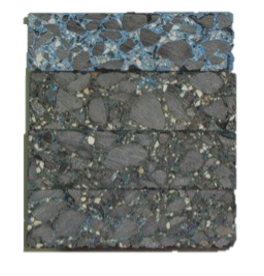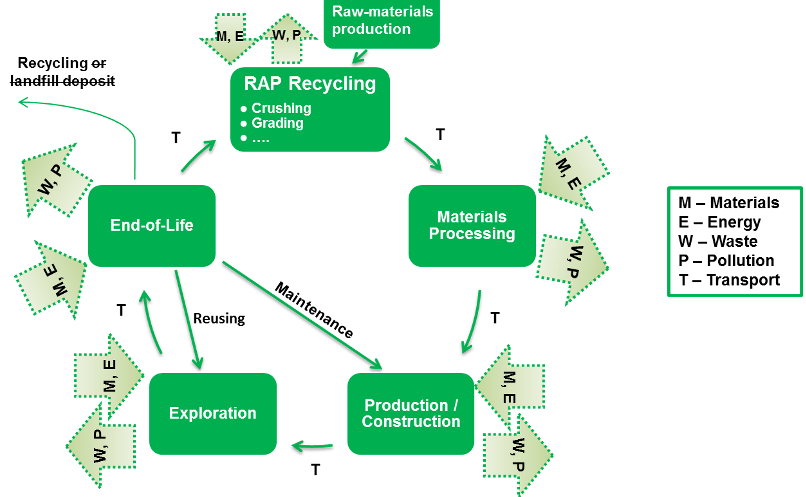Considering the goals for sustainable development and future, and the opportunities to improve our transportation infrastructures, namely the road infrastructure. This new research area is an evolution from the “road pavement materials”.
Coordinator: Vítor Antunes
Transportation infrastructures are fundamental for global development, for promoting economic opportunities and for enabling economies to operate more competitively. Important vectors are pointed out by international agencies (World Bank and United Nations) regarding:
- The climate impact of transports by pursuing ambitious solutions that allow carbon footprint reduction by rethinking the transport network and the use of greener solutions;
- Increasing the road safety in which road quality has an important role;
- Promote equitability in the access to the transport network, as one billion people still live more than 2-km away from an all-weather road, which clearly demonstrates the need for sustainable road constructions;
- Build resilient infrastructures, promote sustainable industrialization and foster innovation;
- Ensure sustainable consumption and production patterns;
- Take urgent action to combat climate change and its impacts.

The transportation infrastructure sector, particularly in its road construction and maintenance activities, has contributed significantly to the 34 % construction and demolition waste produced considering the total waste generated worldwide. Roads with bituminous mixtures solutions represent more than 80% of the European road network, which presently integrates around 950 billion tonnes of bituminous mixtures. In an effort to guarantee the quality and safety of road infrastructures, many billions of euros are spent every year on road construction and maintenance.
It has been developed research concerning:
- Bituminous mixtures design and technologies;
- Eco-efficient pavement solutions;
- Road pavement and material characterization, modelling and maintenance;
- Bitumen rheology analysis;
- Laboratory characterization of pavement materials;
- Innovative materials and solutions characterization for bituminous mixtures;
- Performance assessment of pavement structures.
Considering the goals for sustainable development and future, and the opportunities to improve our transportation infrastructures, namely the road infrastructure, it is defined the following research topics:
- Reclaimed asphalt pavement recycling in bituminous mixtures (RAP mixtures);
- Multi-recycling capacity of RAP mixtures;
- Rejuvenation and ageing effects;
- Development and optimization of eco-efficient solutions for paving industry;
- Life Cycle Cost Analysis of paving solutions;
- Laboratory ageing protocol validation;
- Assessment of ageing effects on reflective characteristics of bituminous mixture surface.
